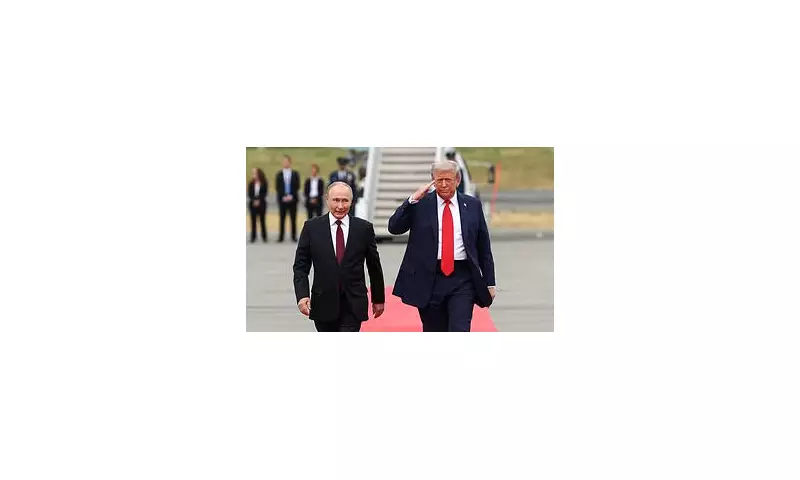
In a world increasingly defined by geopolitical uncertainty, the relationship between the United States and its European allies stands at a critical juncture. Recent developments suggest that former President Donald Trump's approach to international affairs may be putting this vital alliance at risk.
The Growing Divide
European leaders have expressed growing concern about Trump's apparent disregard for traditional diplomatic channels. His recent comments suggesting the US might abandon NATO commitments have sent shockwaves through diplomatic circles.
Why Europe Matters
Political analysts emphasise that Europe remains America's most important strategic partner. From countering Russian aggression to managing global economic stability, the transatlantic alliance has been the cornerstone of Western security for decades.
The Risks of Isolationism
Trump's 'America First' rhetoric, while popular with his base, could have severe consequences:
- Weakening of NATO's deterrent capability
- Increased vulnerability to Russian expansionism
- Erosion of economic cooperation
- Loss of intelligence-sharing networks
What Experts Are Saying
Senior diplomats warn that abandoning European partnerships would represent one of the most significant foreign policy blunders in modern history. "The special relationship isn't just about Britain," notes one Whitehall insider. "It's about maintaining a web of alliances that have kept the peace since 1945."
The Path Forward
Rather than dismissing European concerns, analysts suggest the US should:
- Reaffirm commitment to NATO's Article 5
- Engage in meaningful dialogue about burden-sharing
- Recognise Europe's contributions to global security
- Develop coordinated strategies for emerging threats
As the 2024 election approaches, the future of transatlantic relations hangs in the balance. The decisions made in Washington today will shape global politics for generations to come.





